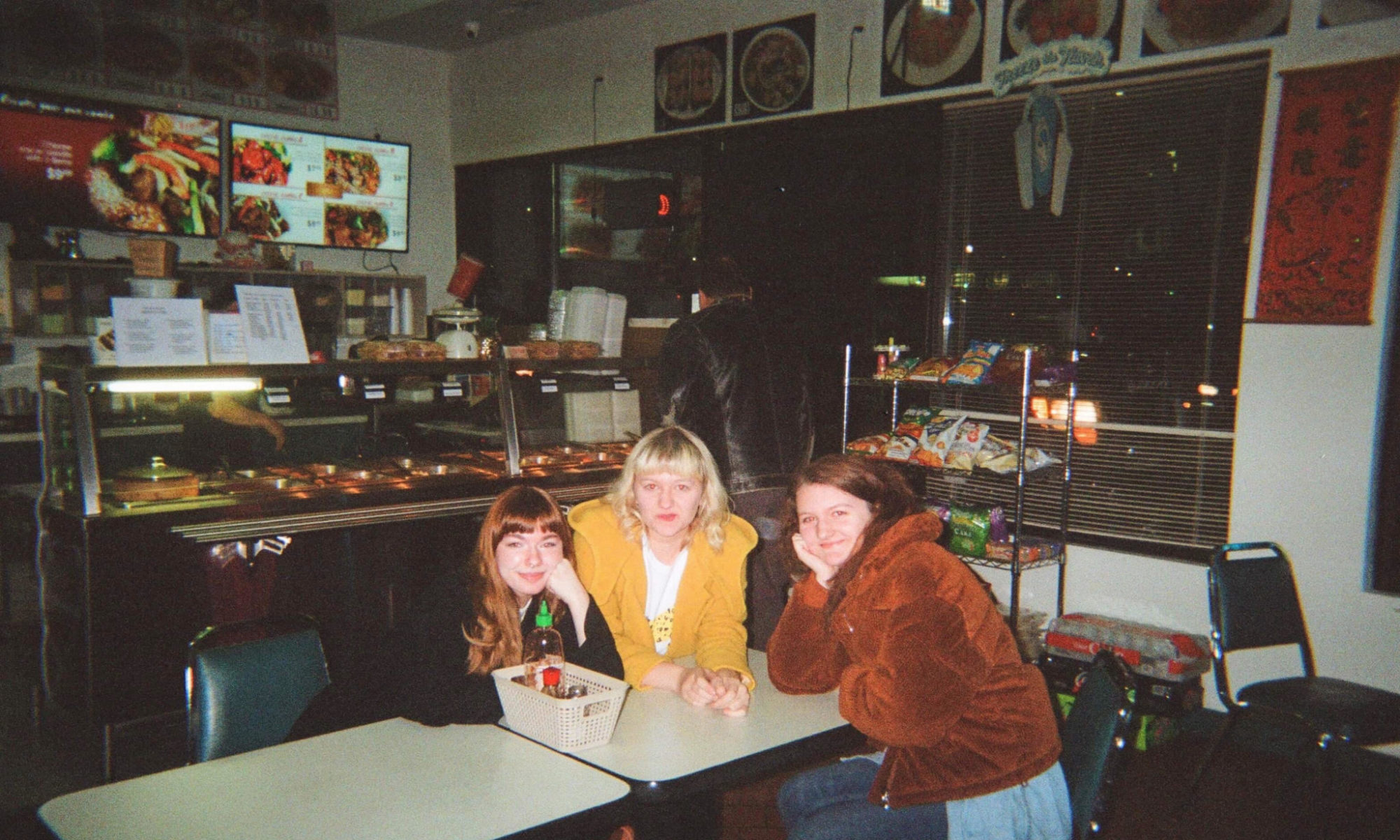Over 30 years after forming Canadian political hardcore pioneers D.O.A., band leader Joe “Shithead” Keithley is back with on the road with a retrospective, Talk – Action = 0. Unflinchingly political, D.O.A. have played thousands of shows, and well over 200 benefit concerts for causes such anti-racism, women’s rights, anti-globalization and the environment. The book contains extensive rare photographs, show posters, hand written notes and lyrics, as well as a detailed history of the band and their activism. Preparing for the next leg of their tour, Joe took time out to speak to Stylus about the book, the band and the state of activism today.
Stylus: You’ve already written an autobiography [ I, Shithead ], so why did you decide to do a book like Talk – Action = 0 at this time?
Joe Keithley: Cuz there was a lot to tell, that’s why. The autobiography only covered like twelve years. I think D.O.A. is a unique band, and I think it still is, and this covers from Year One to Year 33. What Talk – Action = 0 does is gives you a lot of funny stories, but more importantly, it’s like a template for activism. What you can see is how a bunch of guys from the ‘burbs who didn’t have a lot of schooling, didn’t have any musical training, didn’t have any business sense, figured out how to get out there and convey a really strong message to the world.
JK: I don’t think it’s going strong… It’s not dead, far from it. There’s people doing a lot in the ecological movement, and in political movements. I don’t really care about the “isms,” “anarchism” or any of that. What I’m for is more populist politics, you know, if you can enable more freedom for people that’s a great thing. So I think it’s alive and well, but for sure it’s not as big as it could be. We’ll see how the next few years go, particularly in Canada with a Conservative government. I know I’m really involved, and will be more, in the arts community because there will be less and less funding for the arts as time goes by. They [conservatives] only want a remake of Little House on the Prairie, you know, anything that represents their “Canadian” values. That’s the sort of thing I’m working on.
JK: Change starts at a local level. Some people think it starts with the politicians, but it doesn’t. They’re just poll readers, they react to what people want. So if you have a good idea, I just tell people, “Get out there and talk to your neighbours. Convince them that it’s a good idea, or that something needs to be changed.” I thought a wonderful action recently was in Toronto. A bunch of authors [including Margaret Atwood] got together to stop cutting the funds for libraries. They’ve got a real conservative mayor there in Rob Ford, endorsed by the supreme hockey idiot Don Cherry. Little things like that. If you can get people on board with ideas, you can change things.
JK: Yeah, I mean, of course the main part was the death of friends. Guys like Dimwit, Ken Jensen, Simon Wilde, and other people along the way. Specifically band members or friends who worked with the band. I mean, when you look at stuff like that you kind of have to look at those people’s lives, say for a guy like Dimwit who was one of my best friends, I think about him everyday… He had so many funny, stupid and talented things that he did, you just have to look at that as opposed to like, “He’s dead.”
JK: Well, the band broke up in the beginning of the ’90s, and then we got back together [in ’92]. At the time, I didn’t think there was anybody else at the time that combined the loud activism with blatant sloganeering, obnoxiously loud guitar and lots of humour. I still think that’s our trick that we do, and I don’t think anyone does it quite like us. The main thing is you can enable change through music. Every musician strives to entertain, but I’d say only about 10 per cent strive to entertain and make people think. I think I fall into that small category. You look at a guy like Pete Seeger, who I’ve met a couple times, that guy’s still doing at 82 or 83. If there’s a struggle going on, or a demonstration, a picket line, Pete Seeger will go in and try to pick people up with his songs. That’s a really great thing.
JK: A good lineup, Dirty Dan Yaremko on bass. He’s been with me on and off for 8 years, an excellent bass player, crazy on stage too, which is important. The drummer is a real firecracker: Jesse “The Kid” Pinner, he’s like 23, a great hardcore drummer. As far as songs go, we’ll definitely play some old, some new, and a smattering of everything in between.
D.O.A. will be rocking the Pyramid, on Thursday, October 27.


